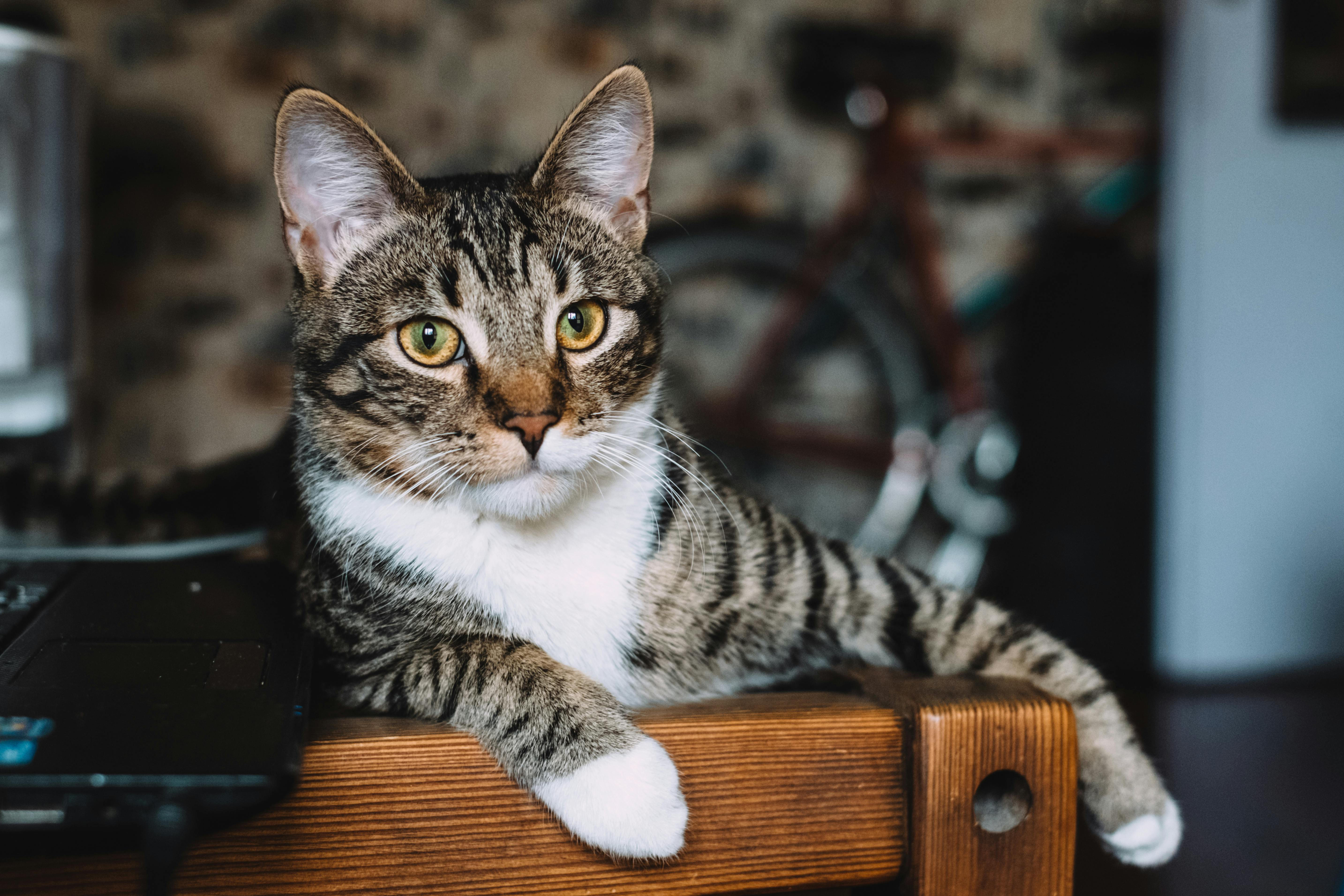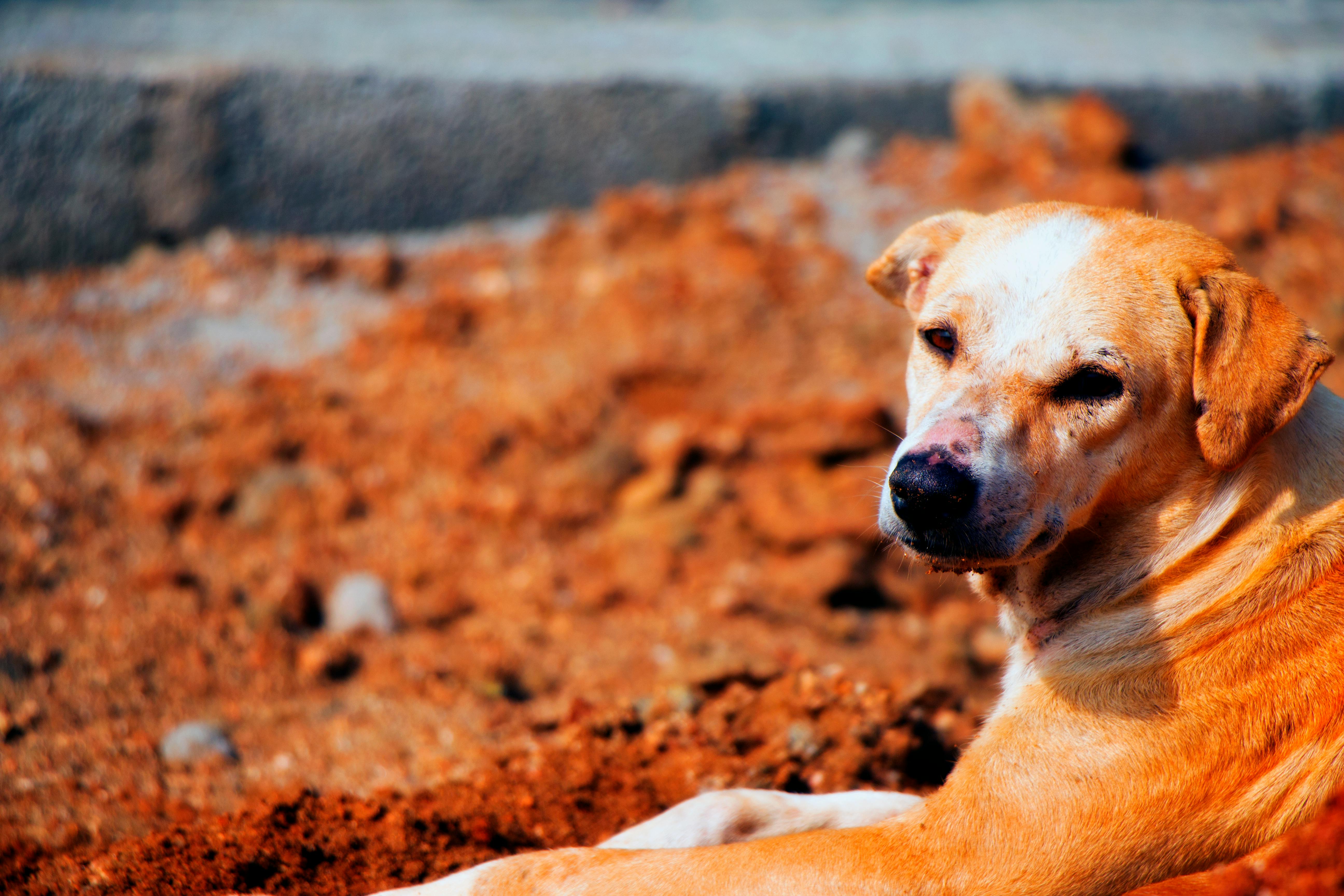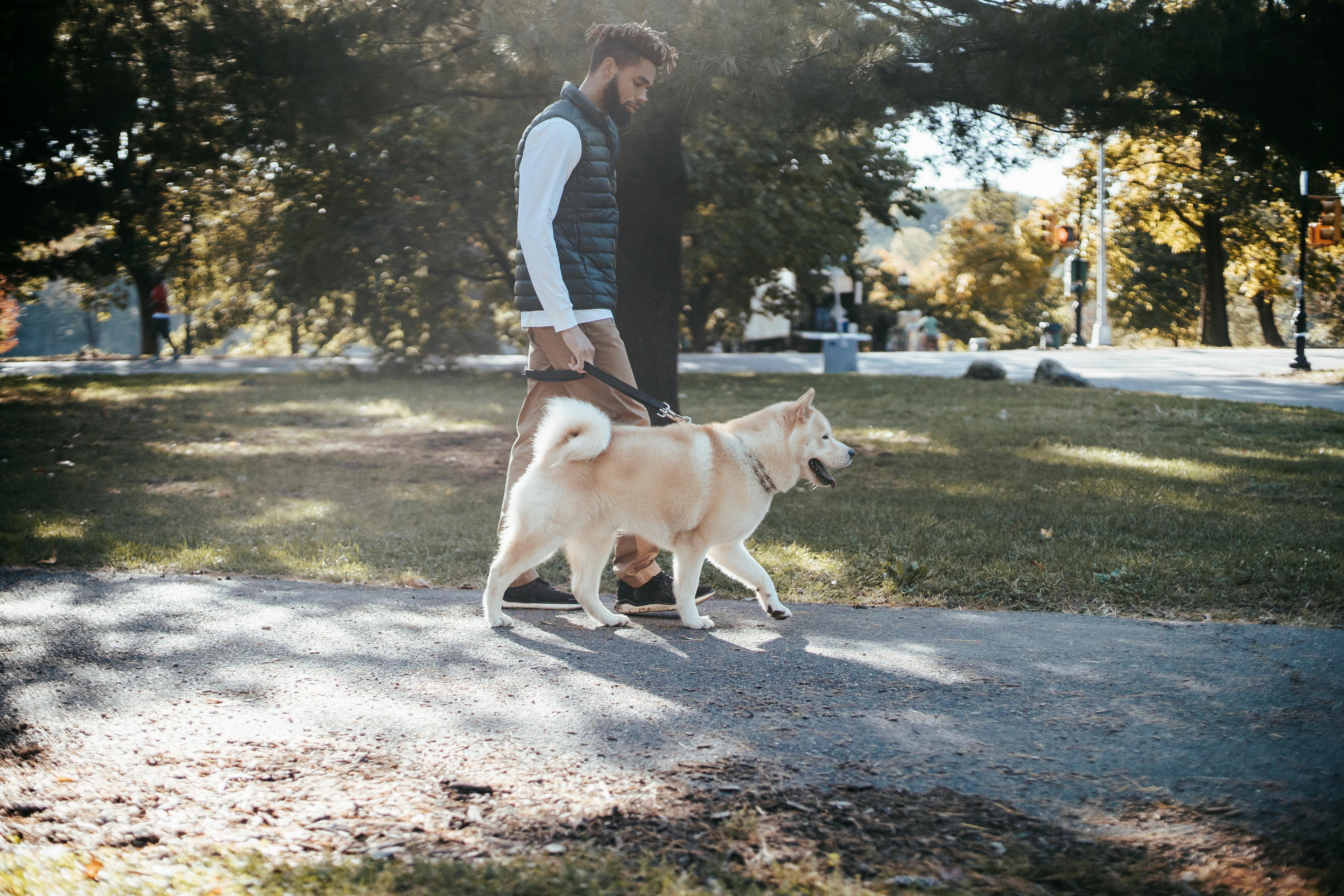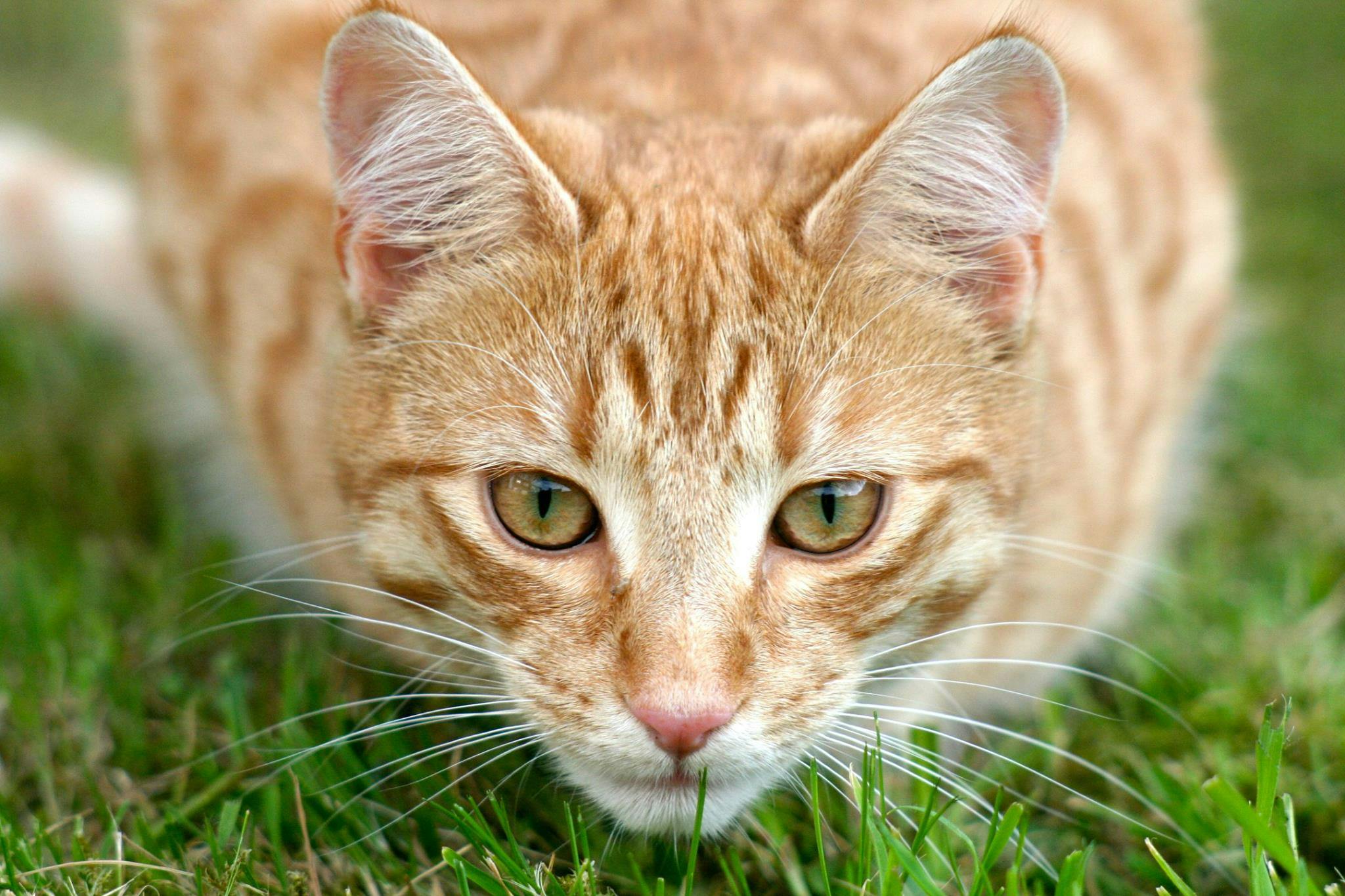The forgotten factor of responsible dog ownership
Almost all dog owners know that they must provide at least an adequate quality of life for their dogs. That includes food, housing, health and safety needs. Responsible owners add training and care, as they are responsible for their dog’s actions and behavior. They also know that they are responsible for the happiness and well-being of their dog.
The forgotten or lost item is often the cause of many dogs being relinquished or abandoned. It is knowing and providing for the inherent needs of the animal. Specific breeds have specific needs. To coexist peacefully with a dog, those needs must be met. A dog that is not allowed to satisfy its DNA dictates will become frustrated, neurotic, rude, distant, aggressive, depressed and/or destructive.
They are not a happy dog.
Ideally, before acquiring a puppy or dog, one should do their homework and thoroughly research their chosen breed. If it is a mixed breed, all known breeds in the mix should be investigated.
Know the dog’s instincts. Learn its origin. Understand and respect the inherent behaviors of the dog. Something as simple as that can be a deciding factor. Don’t think the dog will change your lifestyle… usually he won’t and the dog is the one who suffers for it. Be honest with yourself about how much time and energy he is willing to put in before, not after you have a puppy or dog.
To help balance a dog’s mental and physical well-being, it is imperative that the exact needs of their breed be met as much as possible. Sporting, Working, Hounds, Terriers and Herding breeds normally require a lot of physical and mental exercise. If those needs are not met, he will have behavior problems.
Dogs love to work. By listening to your instincts, you are working.
If you decide on a Terrier, expect to dig. Be prepared to provide a designated spot and teach them that it is the only place they can dig. If you have a sporting or herding dog, expect to take it somewhere where it can run off-leash. If you have a herding dog, expect him to herd you, if you don’t find something for him to herd. Dog parks are a dream come true for herding dogs. Even sitting on your lap is the “job” lapdogs were bred to do.
Know what you’re getting into before you regret it. Learn all you can about the breed.
Breed groups recognized by the American Kennel Club include:
1. Sporty: generally agile, active, vigorous, alert, active. Breeds include: German Shorthaired Pointer, Labrador Retriever, Chesapeake Bay Retriever, Golden Retrieves, Irish Setter, Gordon Setter, English Cocker Spaniel, American Cocker Spaniel, Brittany Spaniel, English Springer Spaniel, Curley Coated Retriever.
2. Hound – Usually incredible sense of smell and sight, strong prey drive, active, stamina, speed, agility, active, runners, noise (barks and howls). Breeds include: Beagle, Basset Basenji, Greyhound, Dachshund, Wolfhound, Rhodesian Ridgeback, Whippet, Afghan Hound, Saluki, Borzoi.
3. Job: Traditionally bred for guards, police/military, rescue, and messengers. Running, Agile, Active, Assertive/Aggressive, Independent Breeds include: Boxer, Alaskan Malamute, Mastiff, Bernese Mountain Dog, Greater Swiss Mountain Dog, Siberian Husky, Rotteweiler, Giant/Standard Schnauzer, Great Pyrenees, Great Dane, St. Bernardo, Doberman Pinscher, Newfoundland.
4. Terrier – Bred to hunt vermin. Stamina, active, loud, assertive/aggressive, fearless, digger. Breeds include: Airedale Terrier, Australian Terrier, Cairn Terrier, Smooth Fox Terrier, Jack Russell Terrier, West Highland White Terrier, Scottish Terrier, American Staffordshire Terrier, Skye Terrier.
5. Toy – Based on tradition. Most commonly found as companion pets today. Usually smaller dogs, whether they are lap dogs or working dogs. It can range from affectionate to independent. Calm alert. Friendly to aggressive/protective. Smooth to rough. Breeds include: Affenpinscher, Miniature Pinscher, Pomeranian, Brussels Griffon, Cavalier King Charles Spaniel, Chihuahua, Japanese Chin, Havanese, Papillion, Pomeranian, Poodle, Silky Terrier, Yorkshire Terrier, Pug, Pekingese.
6. Non-Sporting – Originally bred for a specific need, including fighting and protection. It can range from affectionate to independent. Friendly to aggressive/protective. Smooth to rough. Calm alert. Breeds include: American Eskimo Dog, English Bulldog, French Bulldog, Dalmatian, Lhaso Apso, Shar Pei, Finnish Spitz, Shiba Inu, Bichon Frize, Keeshound, Poodle, Chow Chow, Standard Poodle.
7. Grazing – Bred for cattle heard – cows, goats, reindeer, sheep. Intelligent, agile, hardy, assertive/aggressive, loud, independent runners. Breeds include: Australian Shepherd, Australian Cattle Dog, German Shepherd, Collie, Pembroke Welsh Corgi, Cardigan Welsh Corgi, Shetland Sheepdog, Old English Sheepdog, Bearded Collie, Border Collie, Belgian Malinois, Puli.
Bottom line: Being aware of your pet’s inherent needs, as well as providing them with an outlet, is fundamentally important. At a minimum, enroll in non-punishment, positive reinforcement basic obedience classes. You’ll be amazed at what you’ll learn about your dog’s potential. Recognize that the strength of the relationship that develops between you and your puppy or dog rests not only on your commitment of time, attention, leadership, and affection, but also on your knowledge of his breed.



